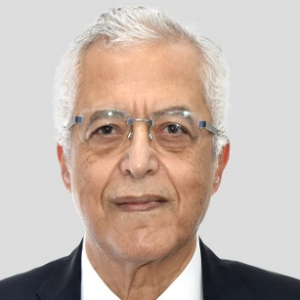Epididymal Principal Cells
Epididymal Principal Cells are specialized epithelial cells found in the epididymis, a coiled tube located adjacent to each testicle. These cells are a key component of the epididymal epithelium and play a crucial role in sperm maturation and storage. The principal cells are responsible for creating the microenvironment necessary for sperm development, providing nutrients and factors that facilitate the maturation process. They also contribute to the absorption and secretion of substances in the epididymal fluid, which forms part of the seminal fluid. Principal cells are characterized by the presence of stereocilia, long microvilli-like projections that increase the cell's surface area. These structures aid in the absorption and secretion processes critical for sperm development and function. Additionally, principal cells participate in the regulation of ion transport, maintaining the proper osmotic balance within the epididymal lumen. The maturation of sperm within the epididymis is essential for acquiring motility and fertilization capabilities. Principal cells, along with other cell types in the epididymal epithelium, create a microenvironment that supports these processes. Disruptions in the function of epididymal principal cells can impact sperm maturation and may contribute to male infertility. Research on epididymal principal cells continues to uncover the intricate molecular mechanisms underlying their functions. Understanding the roles of these cells is crucial for insights into male reproductive physiology and potential avenues for addressing fertility-related issues.

Nagy Habib
Imperial College London, United Kingdom
Lucie Bacakova
Institute of Physiology of the Czech Academy of Sciences, Czech Republic



Title : AI-integrated high-throughput tissue-chip for space-based biomanufacturing applications
Kunal Mitra, Florida Tech, United States
Title : Stem cell technologies to integrate biodesign related tissue engineering within the frame of cell based regenerative medicine: towards the preventive therapeutic and rehabilitative resources and benefits
Sergey Suchkov, N.D. Zelinskii Institute for Organic Chemistry of the Russian Academy of Sciences, Russian Federation
Title : In vitro evaluation of lyophilized Dedifferentiated Fat cells (DFAT) impregnated artificial dermis
Kazutaka Soejima, Nihon University, School of Medicine, Japan
Title :
Nagy Habib, Imperial College London, United Kingdom
Title :
Alexander Seifalian, Nanotechnology & Regenerative Medicine Commercialisation Centre, United Kingdom
Title : The regenerative medicine of the future
Marco Polettini, DVM, Italy